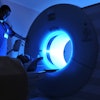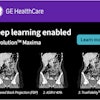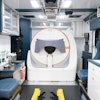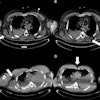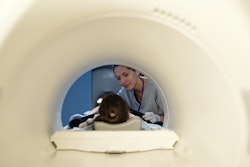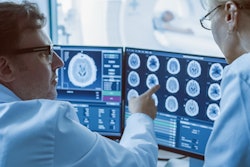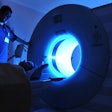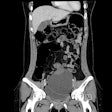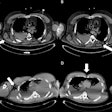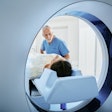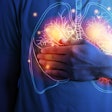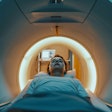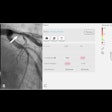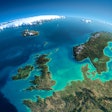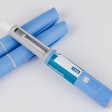Children who undergo CT imaging are at increased risk of blood cancer, according to a team of investigators from the Barcelona Institute for Global Health (ISGlobal).
The study results "highlight the importance of continuing to apply strict radiological protection measures, particularly in pediatric populations," the institute said in a statement released on November 9, the same day the research was published in Nature Medicine.
"The exposure associated with CT scans is considered low (less than 100 mGy), but it is still higher than for other diagnostic procedures," said study senior author Elisabeth Cardis, MD, in the statement.
CT's benefits in diagnosing disease, planning treatment, and tracking outcomes have long been established. But use of the modality has increased in recent years, raising concerns of cancer risk associated with exposure to radiation -- particularly among children.
Previous studies on the effect of CT imaging on children have suggested increased cancer risk, but it had "methodological limitations," according to ISGlobal. Cardis and colleagues worked with clinicians, epidemiologists, and dosimetrists from nine European countries on a study coordinated by the International Agency for Research on Cancer (IARC) called EPI-CT.
The research consisted of data from the radiology records of 276 hospitals linked to population-based cancer registries, Cardis said; it included 948,174 individuals who underwent a CT scan before the age of 22. Researchers estimated radiation doses to the bone marrow based on body part scanned, patient characteristics, time period, and CT technical parameters. Patients were followed for an average of 7.8 years.
The researchers found the following:
- An association between "cumulative dose and risk of all hematological malignancies, with an excess relative risk of 1.96 [with 1 as reference] per 100 mGy," they wrote.
- A dose of 100 mGy increased a child's risk of developing blood cancer three-fold.
- A "typical scan today (with an average dose of about 8 mGy) increases the risk of developing these malignancies by about 16%," the team noted.
"In terms of absolute risk, this means that, for every 10,000 children [today] who have a CT scan, we can expect to see about one to two cases of cancer in the 12 years following the examination," lead author Magda Bosch de Basea, MD, said in the statement.
Even though CT radiation doses have decreased in the past decade, more work remains to manage radiation dose among children, according to ISGlobal.
"The procedure must be properly justified -- taking into account possible alternatives -- and optimized to ensure that doses are kept as low as possible while maintaining good image quality for the diagnosis," Cardis said.
The complete study can be found here.

